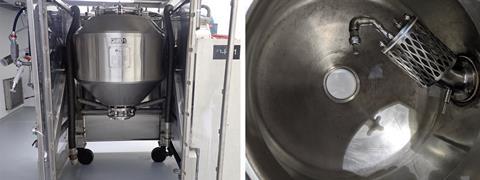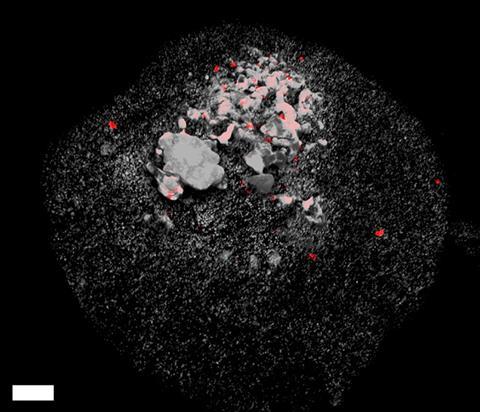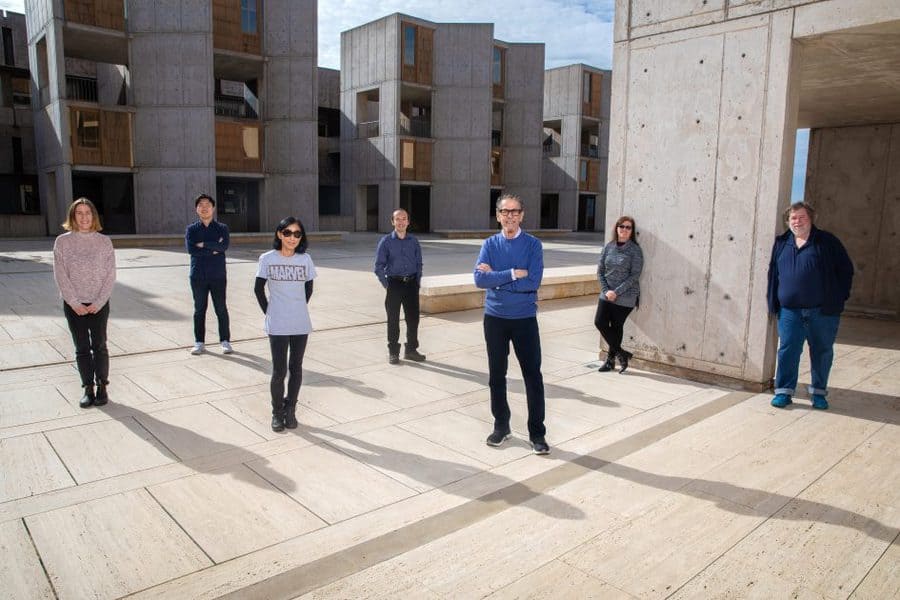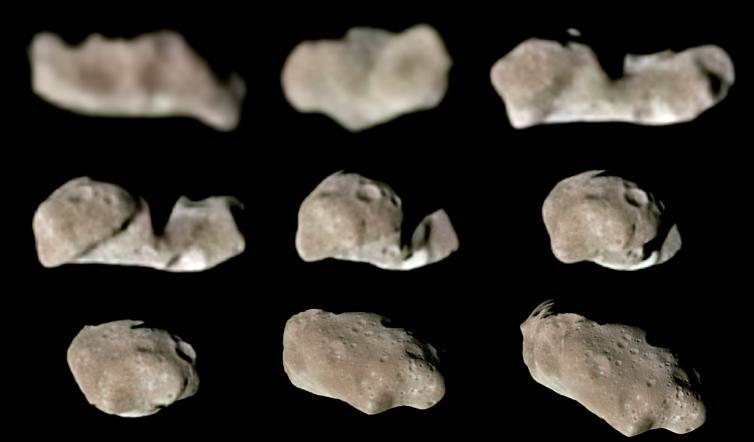Navigating the treat-filled holiday season is challenging, but the new year brings opportunities to make improvements to your daily routine — hence the shiny, new gym membership. Unfortunately, resolutions are often short lived. While numerous studies have tried to identify the silver bullet to get people to make long-lasting change in their exercise routines, most […]
Read More








